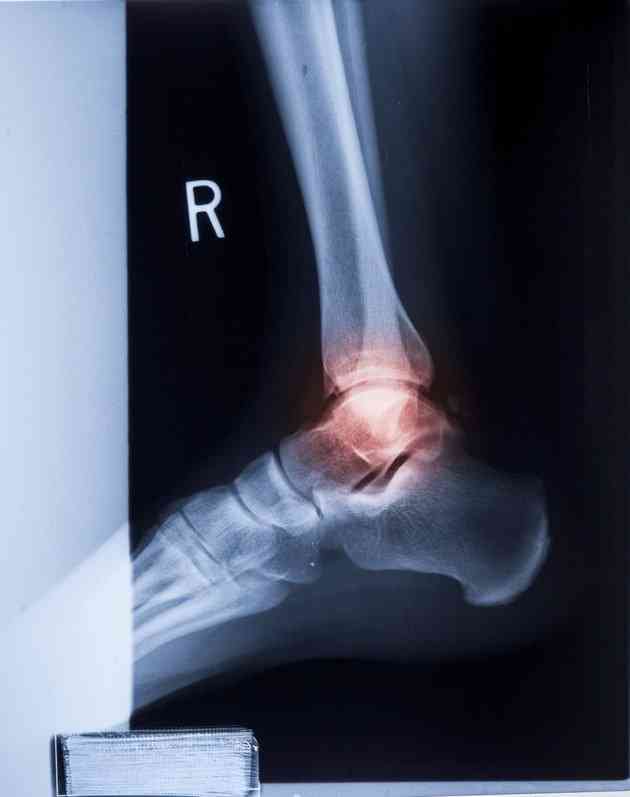Four Ways to Take Care of the Muscular System

The muscular system works with the bones to produce a wide range of movement but also plays an important role in breathing, digestion and the circulatory system. Preserve the function of the muscular system system by developing habits that reduce muscle stress and improve muscle function and strength.
 A young woman is training with weights. (Image: Medioimages/Photodisc/Photodisc/Getty Images)
A young woman is training with weights. (Image: Medioimages/Photodisc/Photodisc/Getty Images)Resistance Training
Resistance training increases muscle size by building thicker protein filaments, creating more fluid in the muscle cells and creating more myofibrils, which contain the protein filaments of the muscles. This type of training also increases strength, but the results vary widely from one person to the next. Dr. Len Kravitz of the University of New Mexico reports that resistance training increases the diameter of muscles by 20 to 45 percent. Resistance training also strengthens the heart muscle by increasing the thickness of the left ventricular wall and septum wall.
Aerobic Exercise
Aerobic exercise has several beneficial effects on the muscular system. It strengthens the heart, increases endurance, improves muscle strength, increases muscle tone and helps to reduce body fat. Examples of aerobic exercise include jogging, walking, swimming and playing tennis. All of these activities increase the heart rate. The American Heart Association recommends at least 150 minutes of moderate exercise or 75 minutes of vigorous exercise per week.
Correct posture
Posture has a significant effect on the efficiency of the muscles and the amount of force required to carry out tasks. Poor posture also makes it difficult for the muscles and bones to work together to produce movement. Practice good posture to prevent these negative effects on the muscular system. When using a chair, sit up straight and put your shoulders back. Use a back support while driving to support your back and alleviate muscle tension. When standing upright or walking, don't slump, stand up straight and keep your shoulders back.
Maintain Normal Weight
Extra weight puts stress on the muscles and forces them to work harder. Maintaining a normal weight reduces this stress and prevents muscle aches and strains. Eat a diet low in saturated fat and cholesterol to reduce the number of calories you consume each day. Use aerobic exercise to burn calories and strengthen the heart. Perform strength training exercises to increase your muscle mass, because increased muscle mass improves your metabolism.




